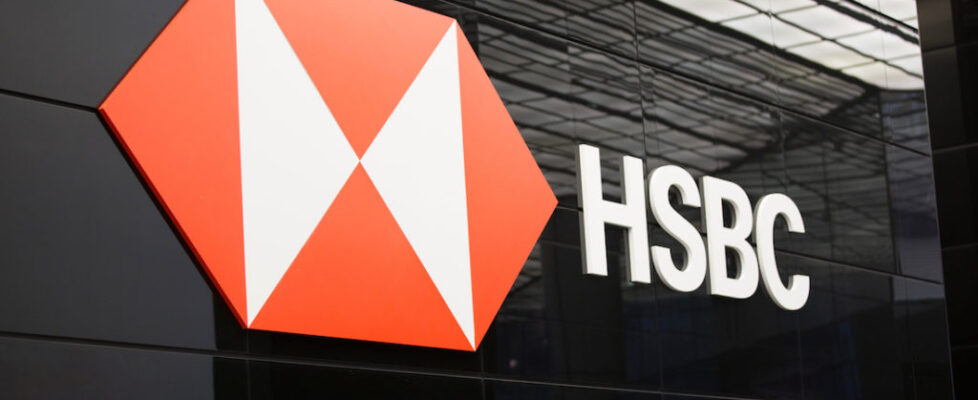HSBC announces interim dividend for 2020 despite steep drop in profits
Shortly after announcing a set of senior management changes, HSBC Holdings plc (LON:HSBA) today reported its financial results for 2020. Although the numbers are far from rosy, HSBC said it was restoring dividend payments.
In 2020, reported profit after tax fell 30% to $6.1 billion and reported profit before tax fell 34% to $8.8 billion. The drop reflects higher expected credit losses and other credit impairment charges (‘ECL’) and lower revenue, partly offset by a fall in operating expenses. Reported results in 2020 included a $1.3 billion impairment of software intangibles, while reported results in 2019 included a $7.3 billion impairment of goodwill.
Adjusted profit before tax was down 45% to $12.1 billion.
Reported revenue declined 10% to $50.4 billion, primarily due to the progressive impact of lower interest rates across HSBC’s global businesses, in part offset by higher revenue in Global Markets. Adjusted revenue was down 8% to $50.4 billion.
After considering the requirements set out in the UK Prudential Regulation Authority’s (PRA) temporary approach to shareholder distributions for 2020, the Board has announced an interim dividend for 2020 of $0.15 per ordinary share, to be paid in cash with no scrip alternative.
HSBC plans to continue to target an adjusted cost base of $31 billion or less in 2022. This reflects a further reduction in the cost base, which has been broadly offset by the adverse impact of foreign currency translation due to the weakening US dollar towards the end of 2020.
In addition, HSBC says it will continue to target a gross risk-weighted assets (‘RWA’) reduction of over $100bn by the end of 2022.
HSBC said:
“We no longer expect to reach our return on average tangible equity (‘RoTE’) target of between 10% and 12% in 2022, as originally planned and will now target a RoTE of greater than or equal to 10% in the medium term”.
The Board has adopted a policy to provide sustainable dividends going forward. HSBC intends to transition towards a target payout ratio of between 40% and 55% of reported earnings per ordinary share (‘EPS’) from 2022 onwards, with the flexibility to adjust EPS for non-cash significant items, such as goodwill or intangibles impairments.





